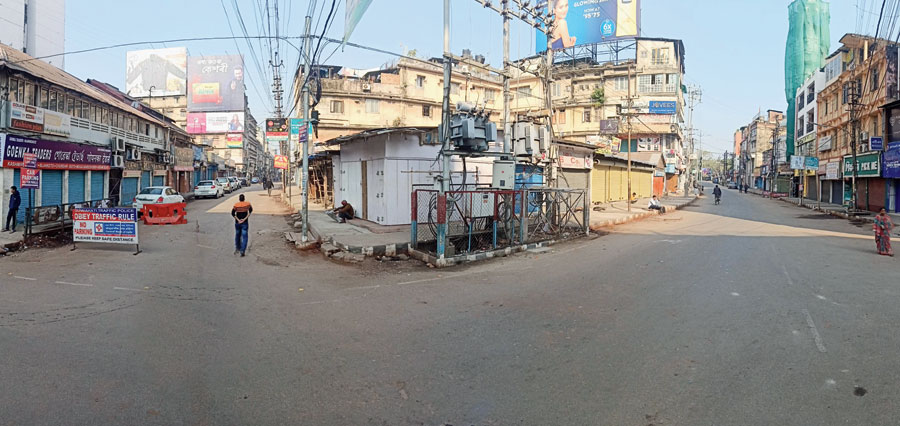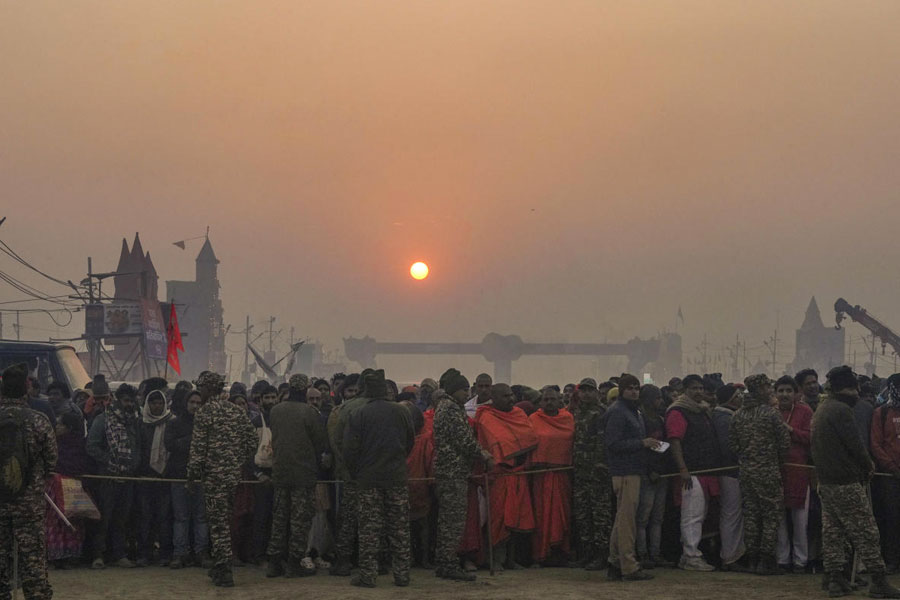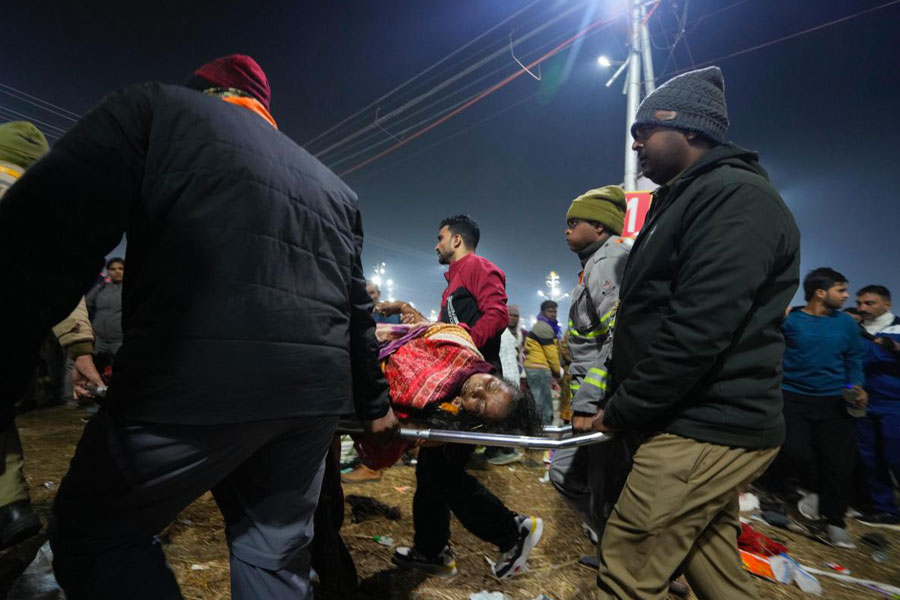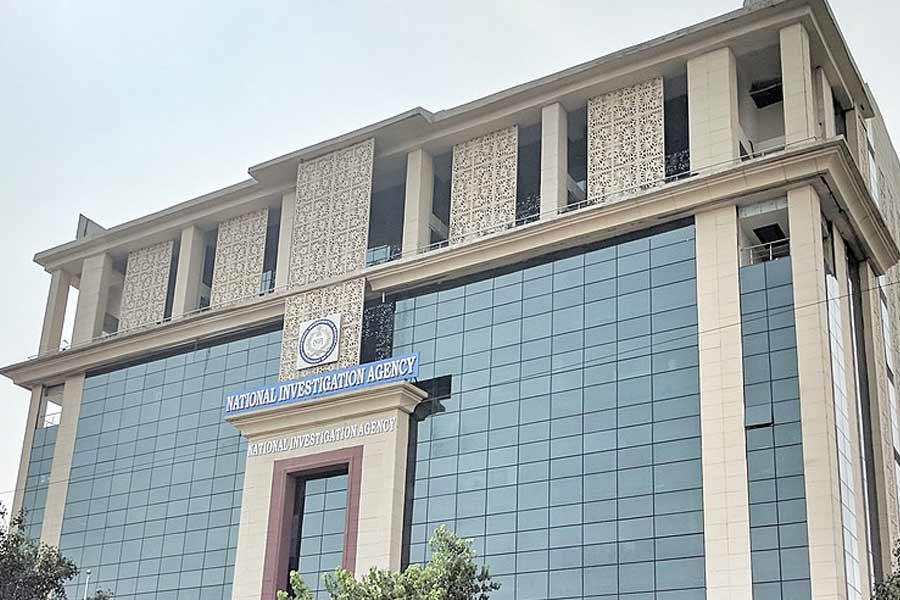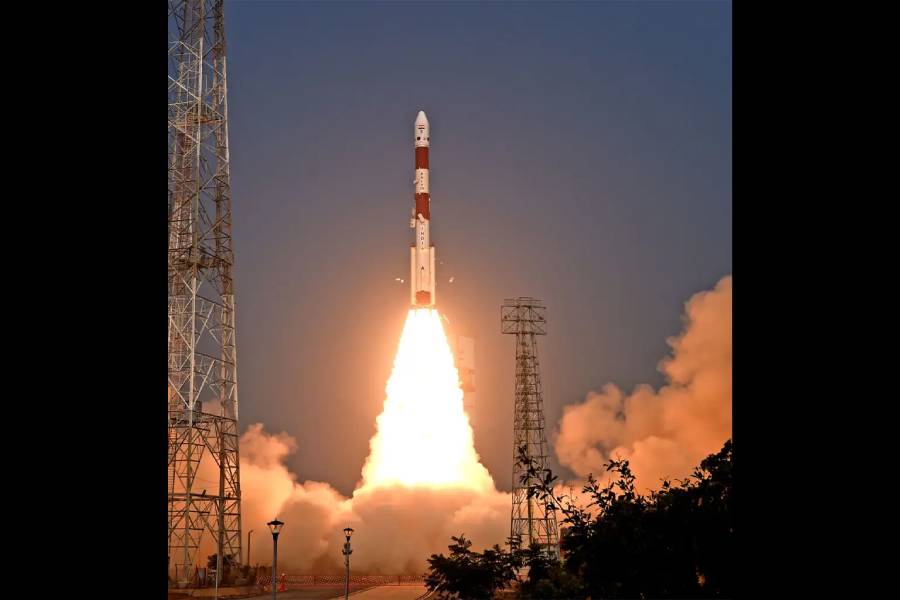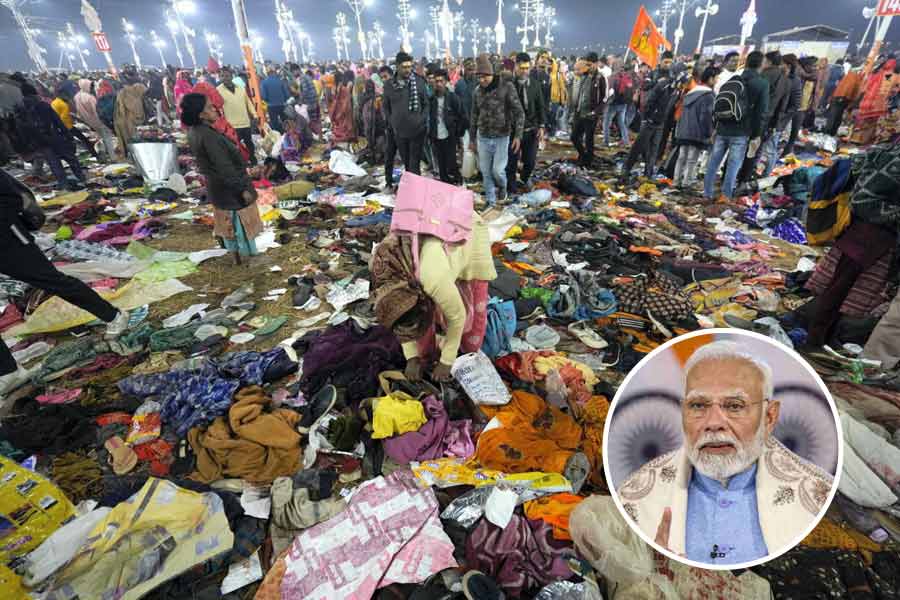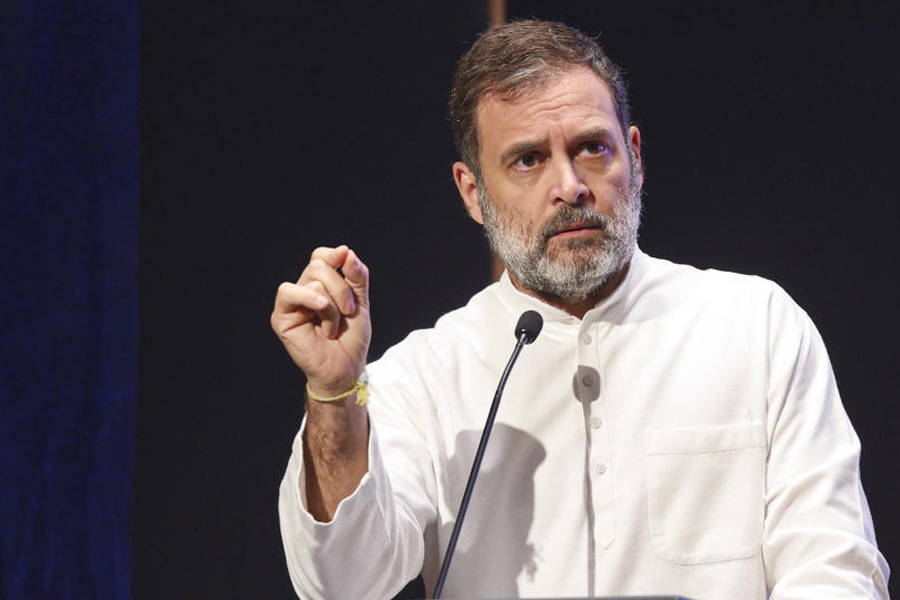The founder-president of the All Cachar Karimganj Hailakandi Students’ Association, Pradip Dutta Roy, said on Tuesday that harassment of Bengalis in the Brahmaputra Valley in connection with the protests against the Citizenship (Amendment) Bill would not be tolerated.
He added that Bengalis across the nation would unite to put up a strong fight, if a situation like that arose.
The bill was approved by the Union cabinet last week and tabled in Parliament on Monday.
A large number of organisations in Assam and the Northeast, including the All Assam Students’ Union, North East Students’ Organisation, Krishak Mukti Sangram Samiti, Khasi Students’ Union and Mizo Zirlai Pawl, among others, have been opposing the bill. A bulk of the organisations in the Bengali-dominated Barak Valley, however, has been supporting the bill wholeheartedly.
An organisation that works for the rights and interests of Bengalis in Assam, Amora Bangalee, on Monday, said protests against the bill have sparked panic among Bengalis living in Brahmaputra Valley and that they are feeling anxious and unsafe.
Roy told The Telegraph on Tuesday that Bengalis in Barak Valley and across the country would not remain silent if harassed or tortured in Brahmaputra Valley.
Roy, who has been vocal over the bill and the National Register of Citizens (NRC), said, “Besides the backlash from Bengalis of the state, they (Assamese) will have to face the wrath of Bengalis of the entire country. We will see how they live only with Assam, without the help of the rest of the nation,” he said.
He warned of “turbulent times” if Bengalis are harassed.
Sadhan Purkayastha, state secretary of Amora Bangalee, said an “unpleasant situation” would prevail if Bengalis are targeted in Brahmaputra Valley. “India is inhabited by people of different communities. Severe reactions would pour in from across the nation if Bengalis are tormented.”
He slammed the Lachit Sena for its statement on attacking Bengalis and said the remark was “unconstitutional”.
The Sena’s self-styled chief, Sringkhal Chaliha, had recently threatened that it would attack Bengalis all over the state if the citizenship bill was passed.
A number of organisations have urged the government to initiate measures so that the “tumultuous circumstances” are brought under control and peace prevailed in the state.
Subhranshu Sekhar Bhattacharya, a member of the North East Linguistic and Ethnic Co-ordination Committee, said a certain section was conspiring to destabilise the peaceful atmosphere in Assam and create tension between different communities.
He claimed that the Assamese people want to live in harmony with Bengalis, but some organisations were using the citizenship bill issue to drive a wedge between the communities.
He urged the government to ensure that a peaceful atmosphere prevails in the state.
Basudeb Sharma, the president of the All Assam Bengali Hindu Association, said, “an atmosphere of hatred’ was being created by unscrupulous forces.
He said violence was never the solution to any problem and sought the intervention of the government.
Biplob Kumar Goswami, the secretary of the Bhasha Shahid Smarak Samiti, said it was not in the culture of Bengalis to resort to violence or torture other communities to get their rights and interests.
“Bengalis believe in a democratic way of protest,” he said.
He urged the government for a pro-active and sagacious approach in dealing with the issue.

